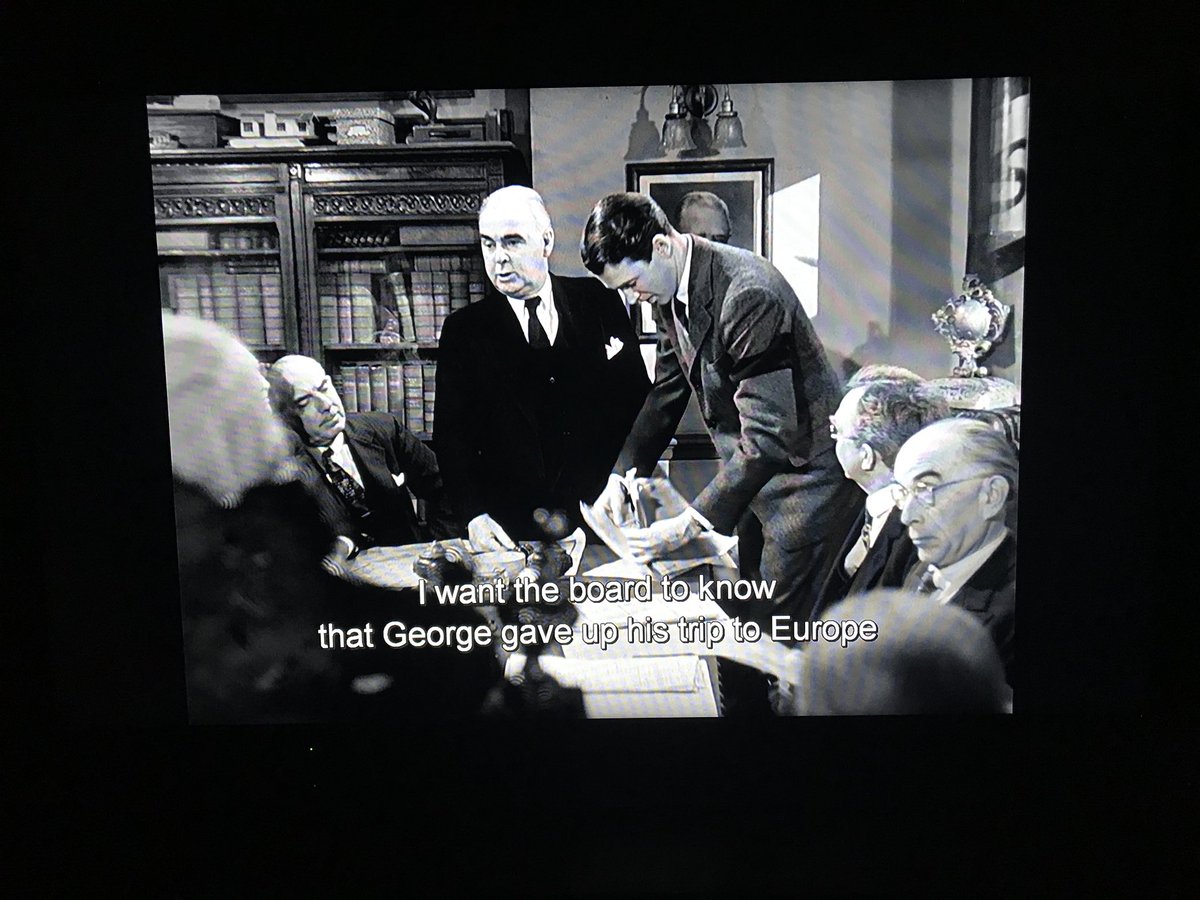As a former alliance manager, let me paint a picture for you of how this happens & why it shouldn’t have happened.
(Thread...)
They include cost-sharing for things like labor (typically local national employees on US bases), utilities, and construction.
This makes sense, seeing as economic factors can change (fluctuating currency exchange rates, slow or negative GDP growth, etc.), as well as changes to force posture or other alliance contributions.
Yet, the expiration of the US-ROK SMA opened a window for Korea to become a target of Trump’s campaign against ‘free-riding’ allies.
Sound absurd? Take it from a former alliance manager, it is crazy.
It’s a crude analogy, but I’ll try explaining it simply in the next tweet...
Fair enough.
But say it’s this: “We want to DOUBLE your fees. We aren’t adding anything, we just don’t think you paid enough before.”
Hold up.
Either way, it’s bad for the alliance.
Plainly, it’s damaging at a time when North Korea undoubtedly benefits from seams in the US-ROK alliance.
Certainly, it makes decision-making easier, but it invariably leads to bad policy or, in this case, poor alliance management.


















